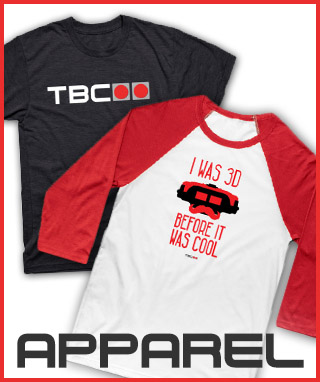I’ve gone on record multiple times defending my decision to buy physical Switch games whenever possible.
For all the big releases, you get your decision: cartridge or download. Launch day. Choose your adventure.
Unfortunately, it’s proven pretty difficult to stick to my guns with indie games, which have complicated the buying process by releasing digitally way earlier that the physical version comes out. This is the case for Axiom Verge, Mutant Mudds, Overcooked, and more.
I want to support developers by paying the higher price-tag. I want the neat physical goodies they’re including in the box. I want the ability to sell my copy if I don’t end up liking it… but that requires a lot of waiting, which has its downsides if you’re a game reviewer that needs to be in on the conversation as it’s happening in real-time.
Matters are made worse when indie companies are wishy-washy about the potential release of a physical cartridge, either saying “we’ll see how it sells digitally” OR just announcing that a physical edition is coming after customers have already downloaded their game (Rocket League). Now I’m stuck with the digital version, and the hours I’ve put into my save-file.
We need Switch developers and publishers to be more forthright about upcoming physical releases, and to close that release date gap.

